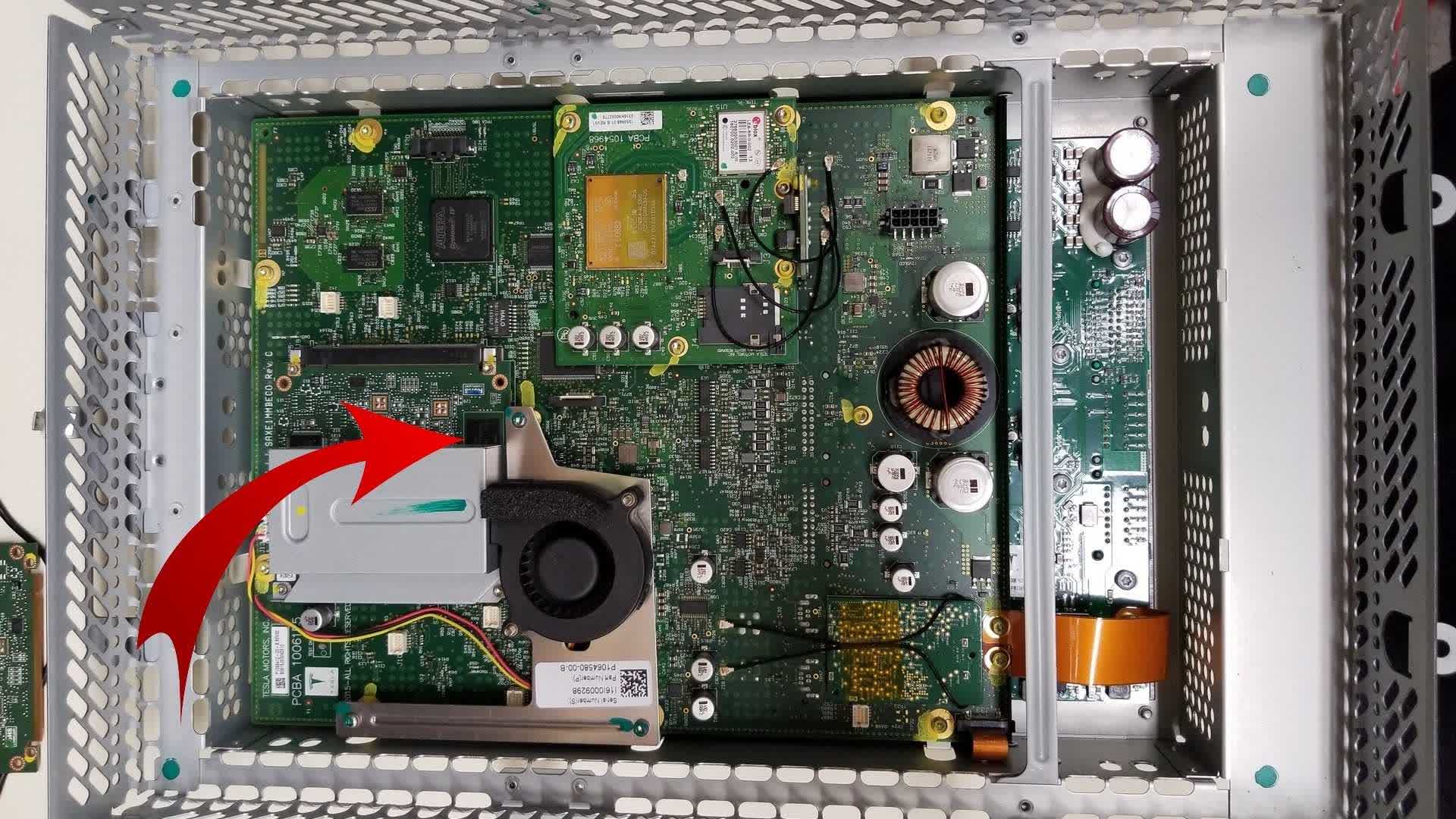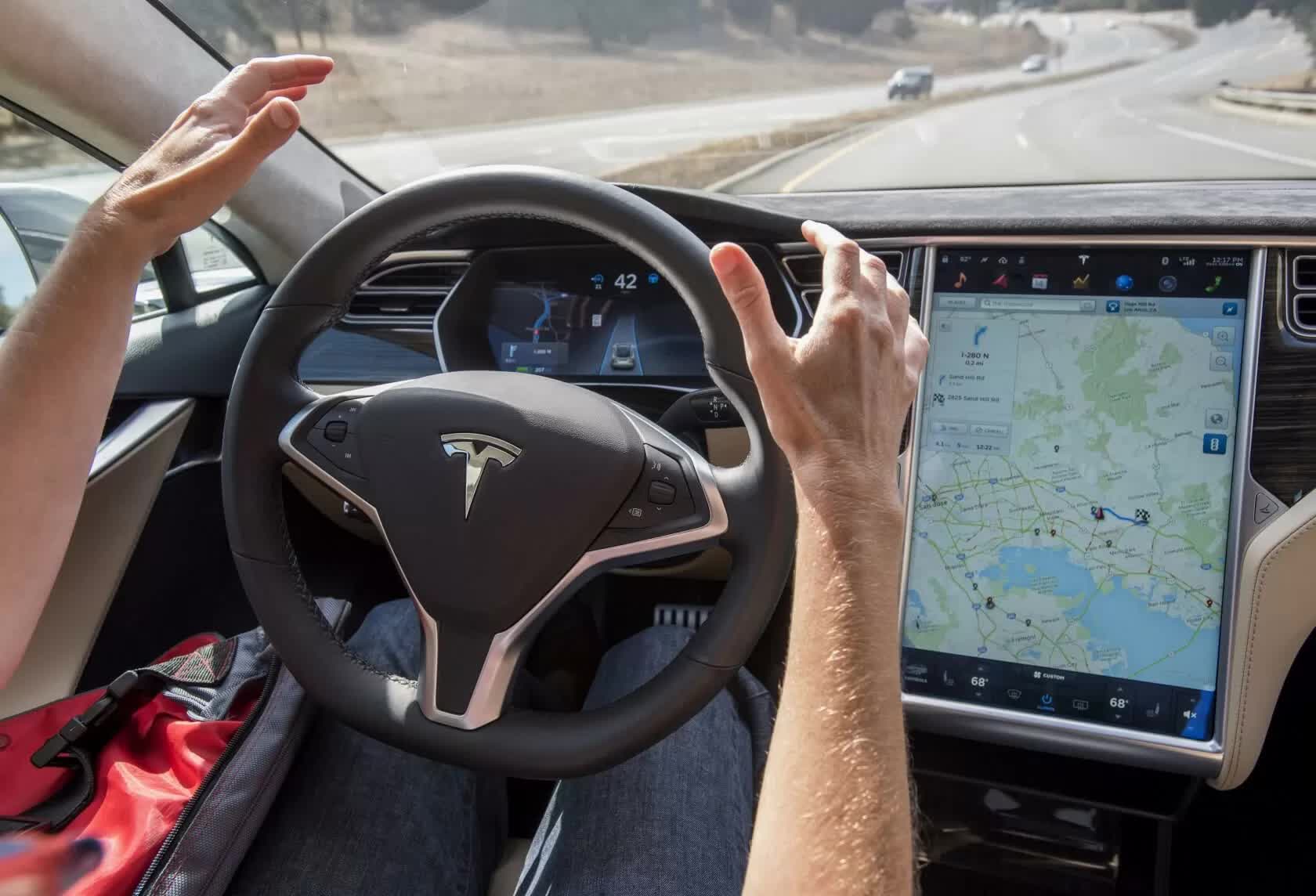Cutting corners: It took the intervention of the National Highway Traffic Safety Administration (NHTSA) for this to happen, but Tesla has issued a formal recall for Model S and Model X vehicles that are equipped with media control units that are prone to failure.
Last month, the NHTSA asked Tesla to recall no less than 158,000 Model S and Model X vehicles, citing concerns over the safety of the media control unit (MCU), whose touchscreen display is prone to failing. Following a thorough investigation, regulators concluded that this was a potentially serious issue as it leads to loss of important vehicle functions like Autopilot audible chimes, turn signals, windshield defogging, and access to the rearview backup camera display.
The company today recalled a total of around 135,000 Model S and Model X vehicles that were made between 2012 and 2018, which is good for owners and undoubtedly a big headache for Tesla. Initially, the company was reluctant to the idea of a recall, arguing that it tried to fix the defective MCUs with over-the-air updates, but regulators noted this all amounted to nothing in the end.

Furthermore, Tesla's own projections showed that replacements would peak early next year, which previously meant the owners of those vehicles would be forced to pay thousands of dollars for out-of-warranty replacements.
At the start of the NHTSA's investigation last year, the company tried offering extended warranties that only covered the repair for Teslas that were less than 8 years old and had been driven for less than 100,000 miles.
However, independent repair professionals found that extensive logging done by Tesla's custom Linux operating system on the MCU causes a lot of wear and tear on the 8 GB eMMC storage module, which is soldered to the motherboard. Normally, running Linux on a device equipped with eMMC isn't that big of a deal, but this was likely a design oversight on the part of Tesla engineers.
In 2018, Tesla introduced a redesigned MCU based around Intel's Atom platform that no longer exhibits the same issue. The company says affected Tesla owners won't get this upgrade, but instead will get the same Nvidia Tegra-based MCU with an "enhanced 64 GB eMMC." Additionally, the procedure is estimated to take 75 minutes for Model S vehicles and 90 minutes for Model X SUVs.
It's worth noting that if you previously received a repair under the "extended warranty" program, you're no longer eligible for repair under this recall. And if, by any chance, you paid for such a repair or an upgrade to the new MCU, Tesla says it will offer refunds for the cost of the eMMC replacement.
